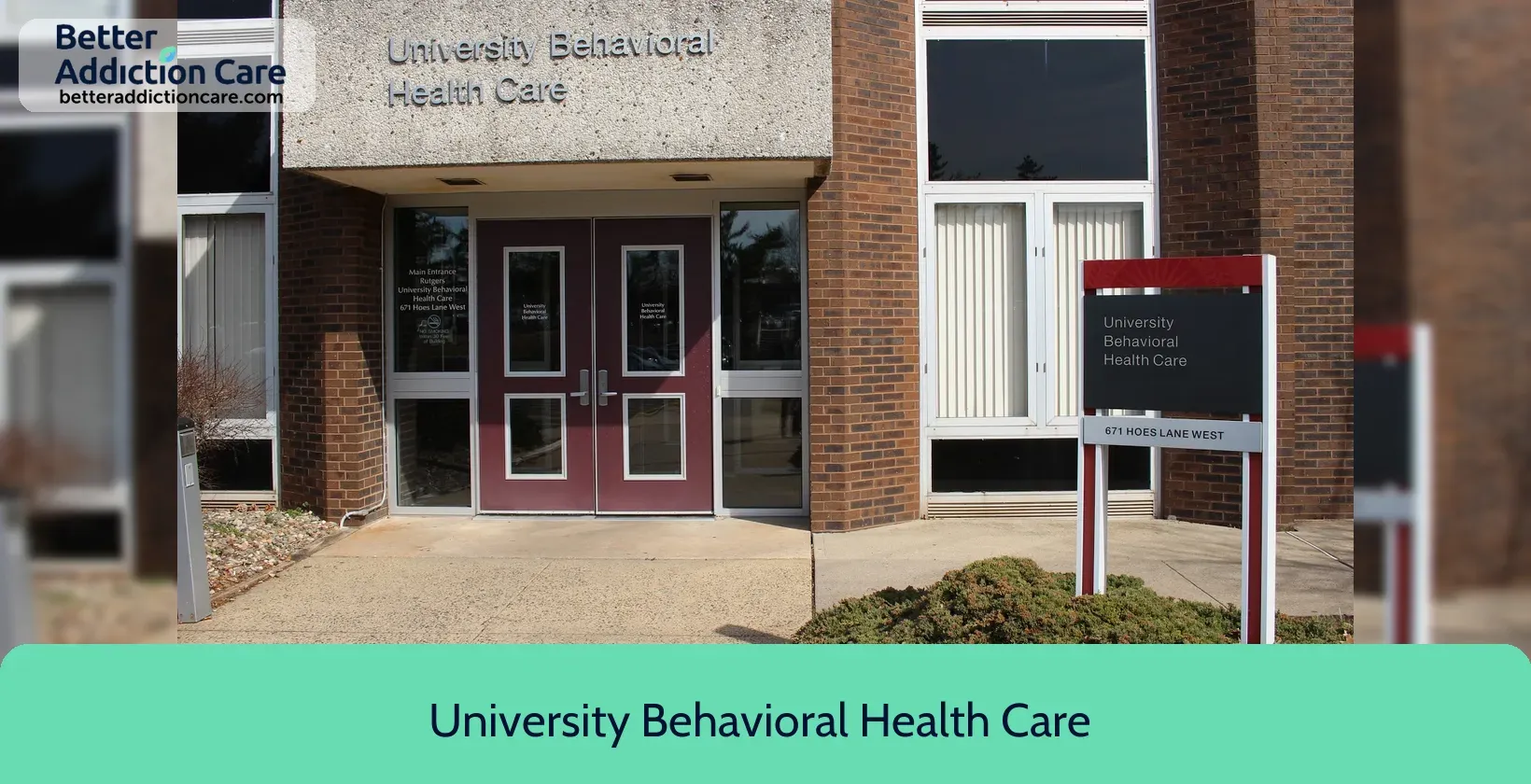Different Approaches on How to Confront an Alcoholic
Confronting a person with an alcohol abuse problem is crucial, mostly for the health of the addict as well as their loved ones. Discussing an addiction with them might help them realize how serious their issue is and how they need to make changes. If nobody intervenes, addiction may spiral out of control quite fast.

Talking to an alcoholic shows that you are interested in their situation and want to help them. People who usually get intoxicated see this as proof that someone cares about them and that they are not the only ones having problems. By talking about the problem with them, friends and family can direct an alcoholic to get help and start to get better.
Addiction is caused by different bodily, mental, and social factors. Frequently, people who are addicted feel shame, stigma, and rejection. The first thing that should happen during the talk is to build trust and give the alcohol abuser a chance to get treatment and help. You can help an alcoholic by telling them about the problems you see. They may then go to rehab and live a better, healthier life.
How Can You Approach Confronting an Addict?
Talking to someone who is struggling with alcohol addiction requires you to be ready but also to be thoughtful when talking about this sensitive topic. It is important to highlight the downsides of alcohol consumption but, at the same time, to have a positive and kind approach.
1. Learn About Addiction:
Before you talk to someone who is addicted, it's helpful to know what the different effects of addiction are and what kinds of therapy are out there. Your knowledge of the subject can support what you are saying and give you more skills to express your concerns more clearly.
2: Pick the Right Time and Place:
Time is really important. It's crucial to consider choosing a time and place to talk privately and uninterrupted. Pick the best time and place to communicate in a safe environment and without any rush. Try to relax and talk in a private place where you can speak freely without the chances of being heard by a third person.
3. Show that You Are Worried with "I" Statements:
Use "I" statements to talk about what you see and how you feel without blaming or accusing the person with an addiction. Here are some examples of what you should or shouldn’t say:
4. Try to Be Understanding and Don't Judge:
It is really important to try to be open-minded; even when you see and want to say that there is something wrong that must be corrected, you can also keep in mind the reasons for the development of alcohol addiction. Remember to avoid accusatory or judgmental language since this could break the connection between both of you.
5. Give Support and Encouragement:
Let them know you care about their health and are there for them. Offer to help them look into treatment choices, go to appointments with them, or join a support group with them if that is something they would like you to do.
6. Set Boundaries:
Take care of yourself and establish clear limits. You should not get involved if the situation can turn into a negative experience for you or affect your life. To help an addict, you should first be in a good place with yourself and the situation.
7. Actively Listen:
Let the alcoholic say what they're thinking, feeling, and worrying about without cutting them off and with deep attention. It is important to hear their story and thoughts about the situation since it makes them feel valuable.
8. Get Professional Help:
Tell the addict that they should get professional help from a therapist, counselor, or addiction expert.
9. Be patient and persistent:
Know that change takes time and that you may need more than one talk to make it happen.
Do You Need Support to Confront an Alcoholic?
Confronting someone with alcoholism is difficult and stressful. Support can streamline this procedure. Obtaining emotional and practical support from trusted relatives or friends can help express the shared concerns of several loved ones. You could say, "I spoke to your sister, and she's worried. Our goal is to help you obtain assistance."
A therapist or counselor can help you figure out how to start the talk and deal with how the other person reacts. Talk to them about it. "I talked to an addiction therapist."
It's important to talk to your support network about who will speak, what will be talked about, and how to handle any responses that might happen before you do any type of intervention. "We've all decided to share our feelings and concerns with you, expressing how much we truly care."
To demonstrate your commitment and readiness, exploring various treatment options and being well-prepared with relevant information is important. “I researched several rehab centers and support groups”.
Having a supportive group present during a chat can greatly enhance its impact and show that people genuinely care and are concerned. "We're all here because we truly care about your health and want to help you get better."
If you feel like you're losing your temper or need a moment to gather your thoughts, people will help you steer the conversation in the right direction. A network can help you deal with this situation, but at the same time, they can also offer different points of view on the best approach to confronting the alcohol abuser.
After the conversation, assistance from family, friends, or any other support group can help you stay strong and focused on the person's recovery journey. For instance, “Let’s keep meeting regularly to discuss how we can continue supporting you through this process” is a good closing statement.
How Could You React to the Possible Outcomes?
You can expect positive and negative outcomes when approaching an alcoholic. If you are wondering how to handle each situation, here are some examples:
Positive Outcome
If they admit the problem and want help, give them credit and encouragement. Reiterate their strength in handling the issue to boost confidence, such as "You deserve to be proud of yourself for realizing this."
Get ready to support them in locating a treatment facility, making a counseling appointment, or attending a support group meeting together. You can suggest, "Let's examine some treatment possibilities together. I can assist you with the calls or even accompany you to the appointments.”
Changes that promote their recovery will help to create a helpful atmosphere. This might be done with alcohol away from the house or organizing non-drinking events. Putting forth the suggestion, "Let's look for some enjoyable non-alcoholic things to do. Let's start this weekend with a hiking excursion or movie night”.
Continually follow up and support them to demonstrate that you are always there for them. Say, for example, "How are you feeling overall this week? Are you only looking to chat, or do you need assistance?”
Negative Outcome
If the other person responds the wrong way, be composed and avoid getting into arguments. Steer clear of getting defensive or upset and aggravating the matter. You can respond, "I know this is difficult to discuss. Just here to encourage you, not to pass judgment.”
Stressing again how much you care is important. Make sure they understand that your worry is not judgmental but rather derived from love. Say, "I'm bringing this up because I care about you."
Give them room and let them know you're there when they're ready to chat. That demonstrates patience and understanding. You may add, "I realize that this is difficult to talk about right now."
Telling them you are always available to talk anytime they feel ready will open the door for future discussions. Without putting pressure on them, keep the lines of contact open. "I'm always here to listen if you want to talk about this."
Taking care of your mental and emotional health will help you guarantee your well-being. It can be exhausting to help someone with an addiction; if you need help, get it. "I'm going to talk to someone who can help me support you better,"
Recognize that transformation takes time and that firm warnings given repeatedly could finally make them see how severe their addiction is. Say, "No matter how many times it takes, I'm here for you."
Finally, remember that whatever the result, your ongoing understanding and support can greatly impact the long-term healing process. Alcohol addiction is difficult to face and treat; remember, you are not alone, and some groups can help you and your loved one. You just need to check for the available resources around you and not give up on helping.
Related Articles
Treatment Centers in New Jersey
 123
123
 123
123
 123
123





